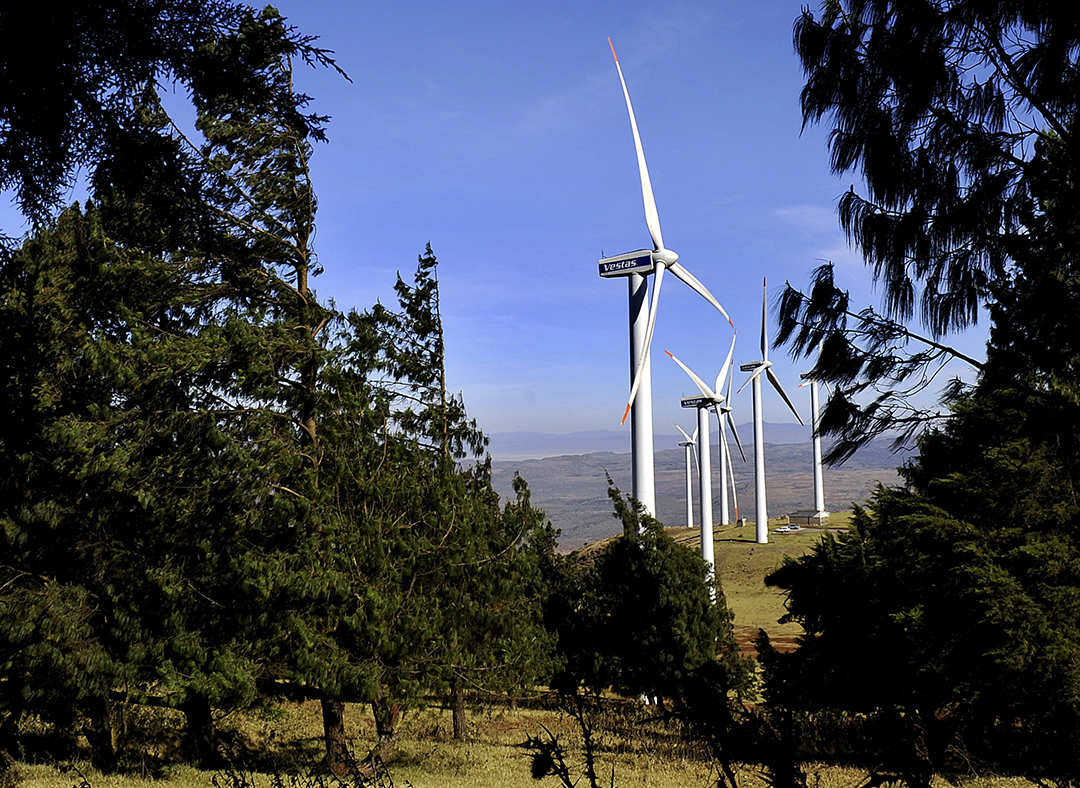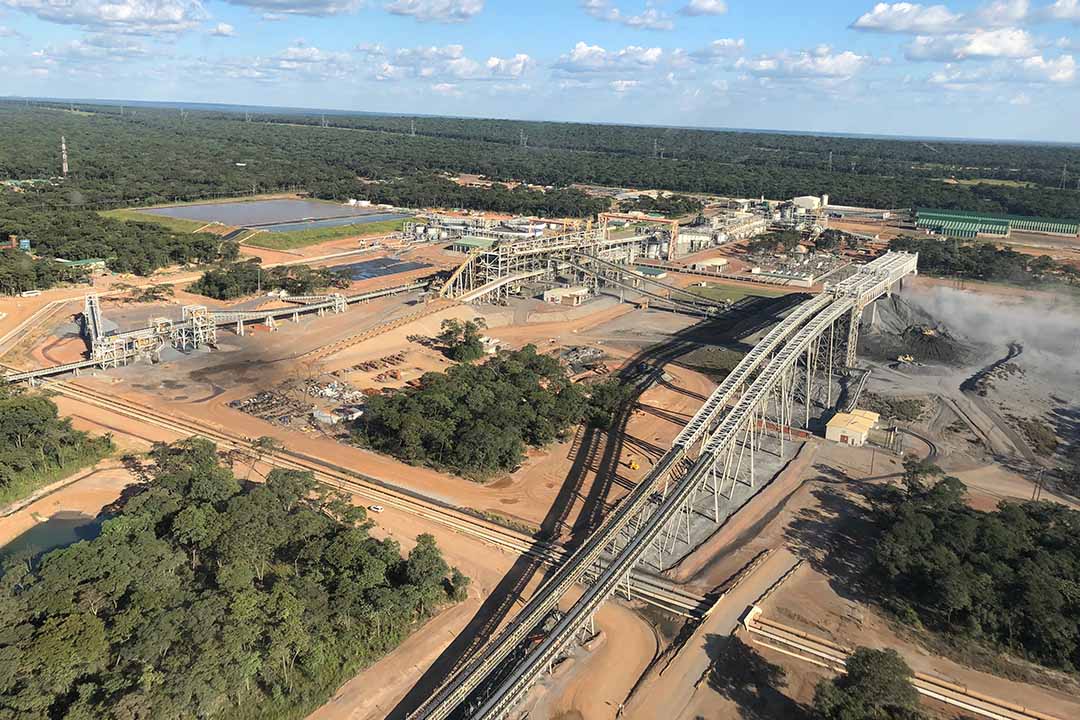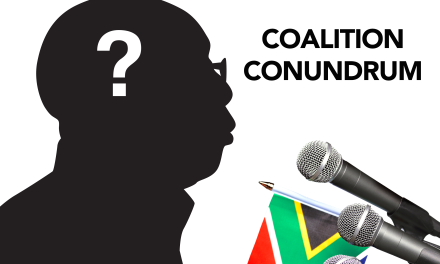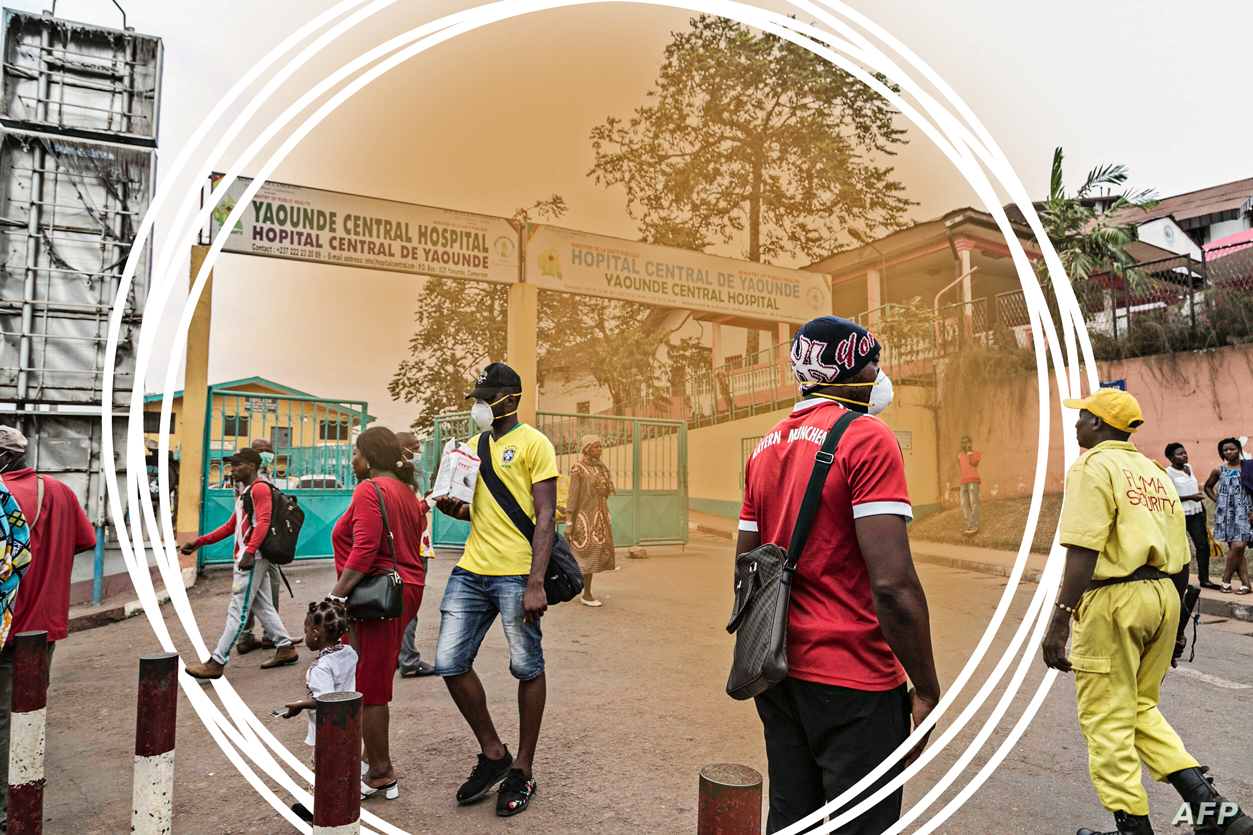Taking environmental, social and governance (ESG) performance seriously is the key to securing a truly sustainable supply of critical raw materials required for the energy transition.

Wind turbines in the Ngong hills, some 25 kms south-west of Nairobi, are owned and run by Kenya’s main power generating company KENGEN. Photo by Tony KARUMBA/AFP
The dust has barely settled on the Cairo climate conference of the parties (CoP27), and the African Mining Indaba is about to open its doors in Cape Town. What is the connection? Keeping the earth’s temperatures to below 1.5°C above pre-industrial levels will require the extraction of large volumes of critical minerals and metals to sustain the global energy and transport revolutions.
Detractors of the “green agenda” are not convinced that the world ever can become truly green. Indeed, there are some difficult questions to answer pertaining to the environmental and human-harm footprint of mining minerals such as lithium and cobalt respectively. Also, the volume of energy required to produce aluminium for electric vehicles is intense.
Detractions aside though, the economic research is increasingly clear that a transition to clean technology is desirable. Innovation away from dirty fossil fuels to clean, renewable technologies is invariably a response to changes in prices and policies. In 2016 MIT economist Daron Acemoglu and his co-authors wrote that an optimal welfare response to the climate problem is a deft combination of research subsidies towards renewables and credible carbon taxes on polluters. Since then we have seen the efficacy of the former in rapid price reductions of renewable energy technologies and adoption at scale. Carbon taxes are also increasingly difficult to avoid.
On the back of this work, and in relation to the policy dimension, Anja Berretta and I wrote a chapter for the Routledge Handbook of the Extractive Industries & Sustainable Development. In it we noted the irony that “any move towards a low-carbon future will still require vast volumes of minerals and metals to be mined, which if not governed well, may portend further ecological disaster… While progress towards clean, renewable energy and electric vehicles is to be welcomed, less thought has been given to the security and sustainability of the required raw material supply.”
Fittingly, then, the theme for the 2023 African Mining Indaba is “Unlocking African Mining Investment: Stability, Security & Supply”. The truth is that taking environmental, social & governance (ESG) performance seriously is the key to securing a truly sustainable supply of critical raw materials required for the energy transition. I offer four considerations:
- Metals such as copper, cobalt, chrome, manganese, lithium and platinum group metals (PGMs) are critical for the transition, but they are increasingly found in politically fragile jurisdictions that score poorly on investment attractiveness. In other words, the resource curse — the paradoxical relationship between resource wealth and underdevelopment — is prevalent. If the resource curse is to be overcome across resource-wealthy African economies, transparency and accountability are key steps towards that end. The “G” of ESG simply means companies become increasingly open to scrutiny, less inclined to pay bribes and more dedicated to sourcing minerals cleanly and without political interference to gain preferential treatment. At the same time, the onus is on governments to ensure that exploration and production rights allocation processes are effective and transparent.
- While ethical sourcing is crucial to cleaning up supply chains, it is important to be aware that some well-intentioned schemes can end up inadvertently destroying the livelihoods of legitimate artisanal and small-scale miners. The key here is for companies themselves to ensure that they engage with local communities sincerely and procure only from legitimate sources. The “S” part of ESG is about mainstreaming social performance. Doing right by host communities cannot be treated as a tick-box exercise. We still see too many examples of companies striking deals with local chiefs, conducting one-off meetings with “community stakeholders”, currying favour with incumbent politicians and their families, and continuing as if the community will unequivocally support the proposed extraction. It doesn’t work like that — relationship-building and communication take time and acquiring a social licence to operate should never be a mere marketing exercise.
- The “E” is probably the most promising element of the current ESG milieu, in that mining companies increasingly have access to technologies that will help them to extract minerals and metals with a declining environmental impact. Environmental performance is also typically easier to measure and report on than the social dimensions. Lowering the firm’s environmental footprint makes good business sense in the long run for two reasons. It renders more of the ore body available, extending the life-of-mine. It also reduces the human cost of sending people down shafts if robots can do that work instead. Some counter this argument by suggesting that companies should be allowed to pollute in developing countries because this is simply part of what a “just” transition looks like. However, justice can be defined as reducing the divergence between social costs and private returns. Ensuring that companies internalise costs that are typically offloaded on those who can least afford the negative health effects of a destroyed environment is sensible and just.
ESG is not some kind of Western imposition. It is a useful lens through which to understand how firms and governments should think about the future. When we look back in 10 years it would be disappointing if we had achieved an energy transition away from fossil fuels but had destroyed ecologies and livelihoods in the process. To reverse the resource curse and ensure a more liveable planet, every firm and government with an interest in mining needs to work towards a global ESG standard that avoids the current confusion of different ratings agencies expecting wildly different things.
Confusion notwithstanding, future access to capital will be increasingly contingent on a company’s ESG credentials. An intelligence report published by Good Governance Africa states the following: “Asset management firms will be subject to rigorous disclosure requirements should they want to credibly market their funds as promoting sustainability. These rules are an attempt to regulate what is currently a disordered market, where firms are quick to employ the ESG concept for marketing purposes, but investors have no way of ascertaining whether the claimed credentials are legitimate or verifiable.
“In our view, this regulatory trend towards preventing concept abuse is a welcome development and will help to separate the wheat from the chaff in a world that is under immense pressure to achieve low-carbon growth. Early adopters of ESG principles — those who mainstream social and environmental responsibility into how the firm is governed — will see optimal long-run returns. Those who engage in greenwashing or are too slow to adapt will suffer long-run decline.”
Delegates at the 2023 African Mining Indaba would do well to take the message seriously.
- This article appeared in Business Day on 5 February 2023.
Dr Ross Harvey is a natural resource economist and policy analyst, and he has been dealing with governance issues in various forms across this sector since 2007. He has a PhD in economics from the University of Cape Town, and his thesis research focused on the political economy of oil and institutional development in Angola and Nigeria. While completing his PhD, Ross worked as a senior researcher on extractive industries and wildlife governance at the South African Institute of International Affairs (SAIIA), and in May 2019 became an independent conservation consultant. Ross’s task at GGA is to establish a non-renewable natural resources project (extractive industries) to ensure that the industry becomes genuinely sustainable and contributes to Africa achieving the Sustainable Development Goals (SDGs). Ross was appointed Director of Research and Programmes at GGA in May 2020.







